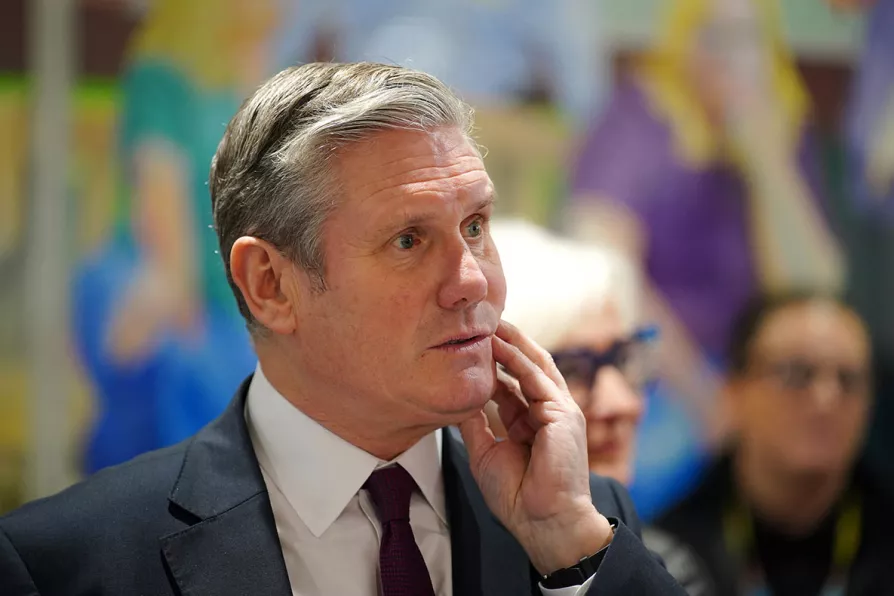As tens of thousands return to the streets for the first national Palestine march of 2026, this movement refuses to be sidelined or silenced, says PETER LEARY

 Labour Party leader Keir Starmer during a visit to Alder Hey Children's Hospital, Liverpool, to unveil their Child Health Action Plan, January 11, 2024
Labour Party leader Keir Starmer during a visit to Alder Hey Children's Hospital, Liverpool, to unveil their Child Health Action Plan, January 11, 2024
AFTER 47 years’ continuous membership of the Labour Party, I left in 2023 and now find myself, like many Morning Star readers, in a quandary: for the first time in my life, I’ve no idea who I’ll vote for at the next general election.
Plenty of people are offering answers to this question. But I’ve come to think that maybe, for once, we have too many answers and not enough questions. So I’ve been jotting down a few of the latter as they dance around my own confused head. Let me stress this: I don’t have the answers — and I’m not sure I believe anyone who says they have — but I have got some questions, which I hope might help.
For the first time ever it’s possible that an incoming Labour regime will be objectively to the right of the outgoing Conservative one. Does this invalidate the traditional doorstep argument that “the worst Labour government is better than the best Tory government”? Or is that principle less to do with policy, more to do with class orientation? Does the formal link between the unions and Labour mean that even a hostile Labour government puts organised workers closer to power?

With ‘Your Party’ holding its founding conference in Liverpool this weekend, JEREMY CORBYN speaks to Morning Star editor Ben Chacko about its potential, its priorities — and a few of its controversies too

VINCE MILLS cautions over the perils and pitfalls of ‘a new left party’

VINCE MILLS gathers some sobering facts that would inevitably be major obstacles to any such initiative

With Reform UK surging and Labour determined not to offer anything different from the status quo, a clear opportunity opens for the left, argues CLAUDIA WEBBE










